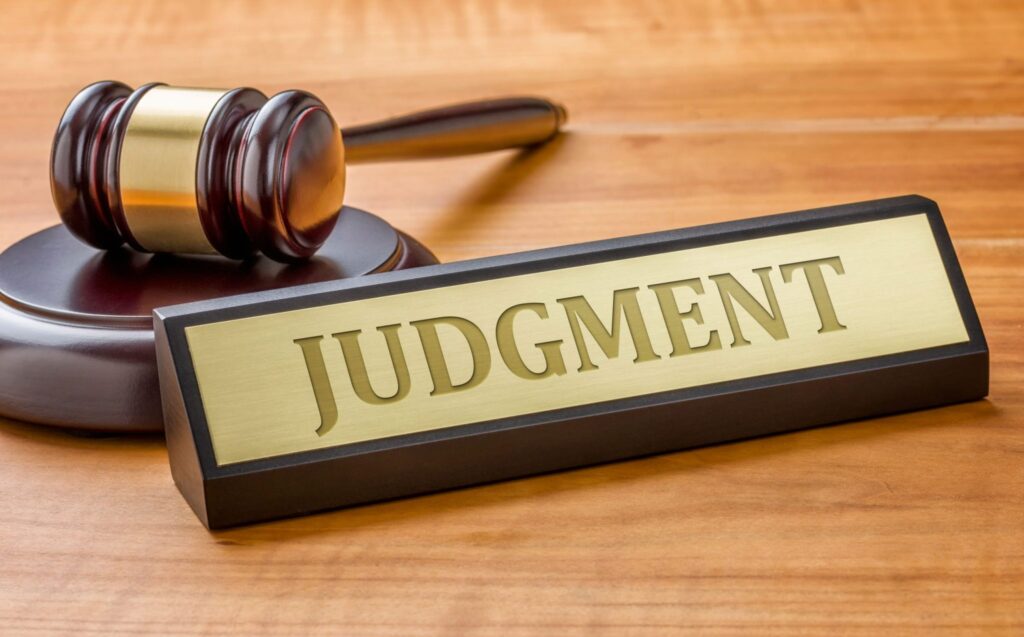The Supreme Court of Nigeria has dismissed the report of panel of inquiry, instituted by Rivers state governor, Nyesom Wike, which indicted former Minister of Transportation and All Progressives Congress (APC), presidential aspirant, Chibuike Rotimi Amaechi of alleged fraud while he was governor.
This is contained in a 75 page written judgment of the seven-man Supreme Court panel dated May, 27, 2022 was delivered and signed by Justice Emmanuel Akomaye Agim, in the appeal marked SC/911/2017. Other Justices in the panel are Olukayode Ariwoola, Amina Adamu Augie, Uwani Musa Abba Aji, Mohammed Garba Lawal, Abdu Aboki and Adamu Jauro.
In the judgement, Nigeria’s apex court said Wike’s panel report is “not enforceable” in law, had “no legal force”, with clearly had “no judicial powers or power to adjudicate.”
According to Supreme Court, the probe is not a civil or criminal trial of Amaechi or anyone else, adding that its findings is not a conviction Amaechi or anyone else but a mere investigation.
Unlike the Economic and Financial Crimes Commission (EFCC), the Independent Corrupt Practices and Other Related Offences Commission (ICPC) and the Police, Wike’s probe panel “is not a criminal investigation agency.
“A Commission of inquiry is a fact finding or information seeking body. It is not an adjudicatory body and so does not try or determine disputes as to any rights or obligations of liabilities. The purpose of the (Commission’s) investigation is to find out the facts or gather facts on the subject matter of inquiry. In doing so, it is not trying any person for the commission of any misconduct or crime. It does not engage in the trial of any person for anything. It merely gathers facts on the subject of the inquiry.
“Even if it (the commission) makes findings of facts that are adverse to a person (Amaechi), such adverse findings do not amount to a conviction for an offence or determination of his right and obligation. They remain mere finding of facts on the basis of which it would make recommendations to the appointing authority who may accept or reject them. If it rejects them, the matter ends there. If it accepts them and decides to take necessary action on the accepted recommendation, the white paper accepting the recommendation can be challenged in court.
“The accepted recommendations (of the Commission) are not enforceable like a court decision. So a Commission of Inquiry is not a court. It is not a criminal investigation agency such as EFCC, ICPC and Police.
“The designation of the commission of inquiry set up as a Judicial Commission of Inquiry and the fact it was headed by a serving or retired Judicial Officer cannot invest it with judicial powers or character and did not change its nature as a fact finding or information seeking body with no power to adjudicate, or in any manner determine any rights or obligations or try any person for the commission of a crime. It is not a civil or criminal trial. The purely fact finding function of a commission of inquiry is what defines its nature and character as an administrative investigation and a non judicial body.
“It is also our very view and we hold that the 3rd respondent(the Judicial Commission of Inquiry) is a fact finding and an investigative body. Generally, a body exercising powers which are merely investigative in character and which do not have any legal force… The description of such body as a judicial commission of inquiry does not change its character from being a fact finding body,” the judgement reads.


